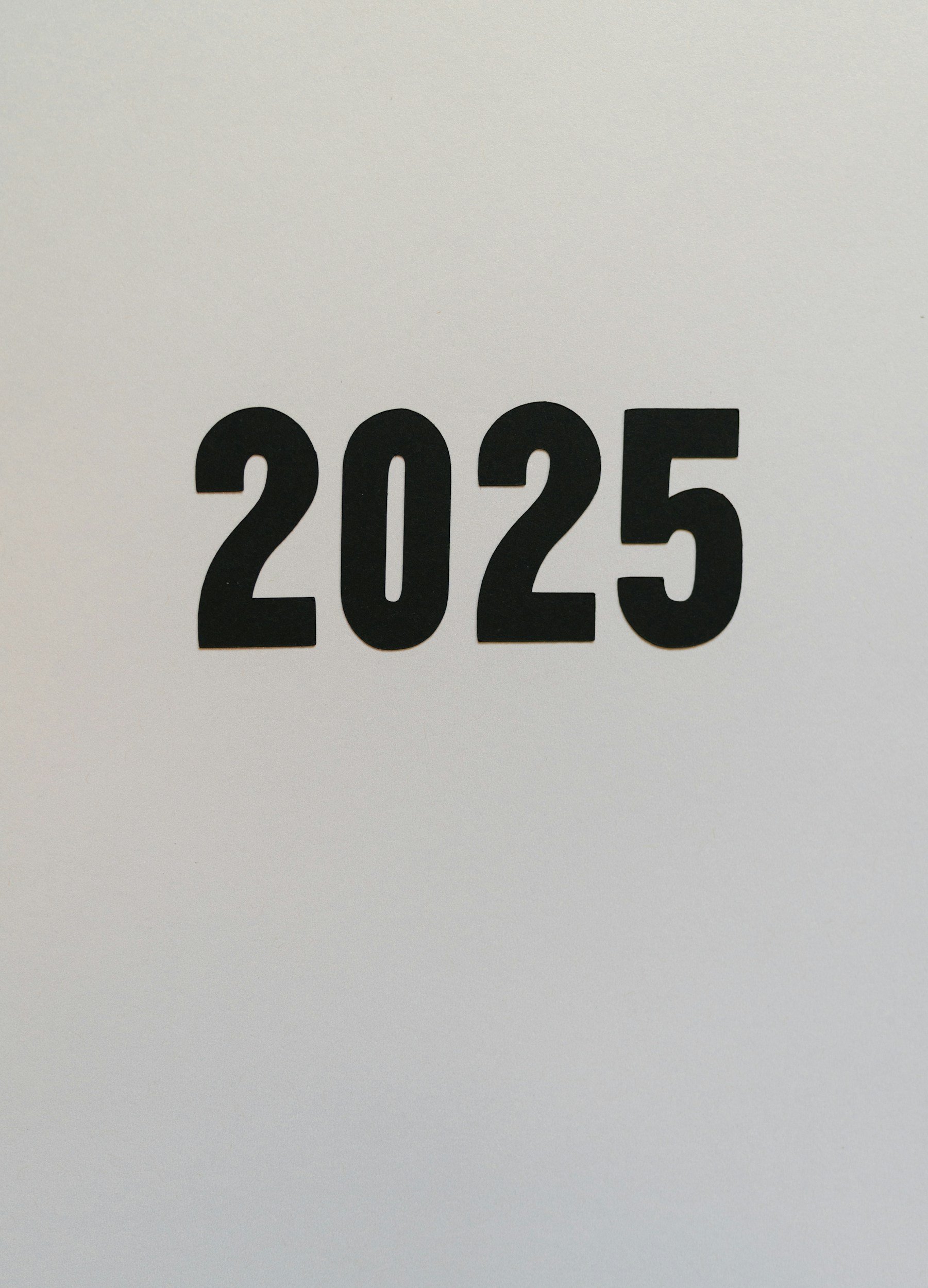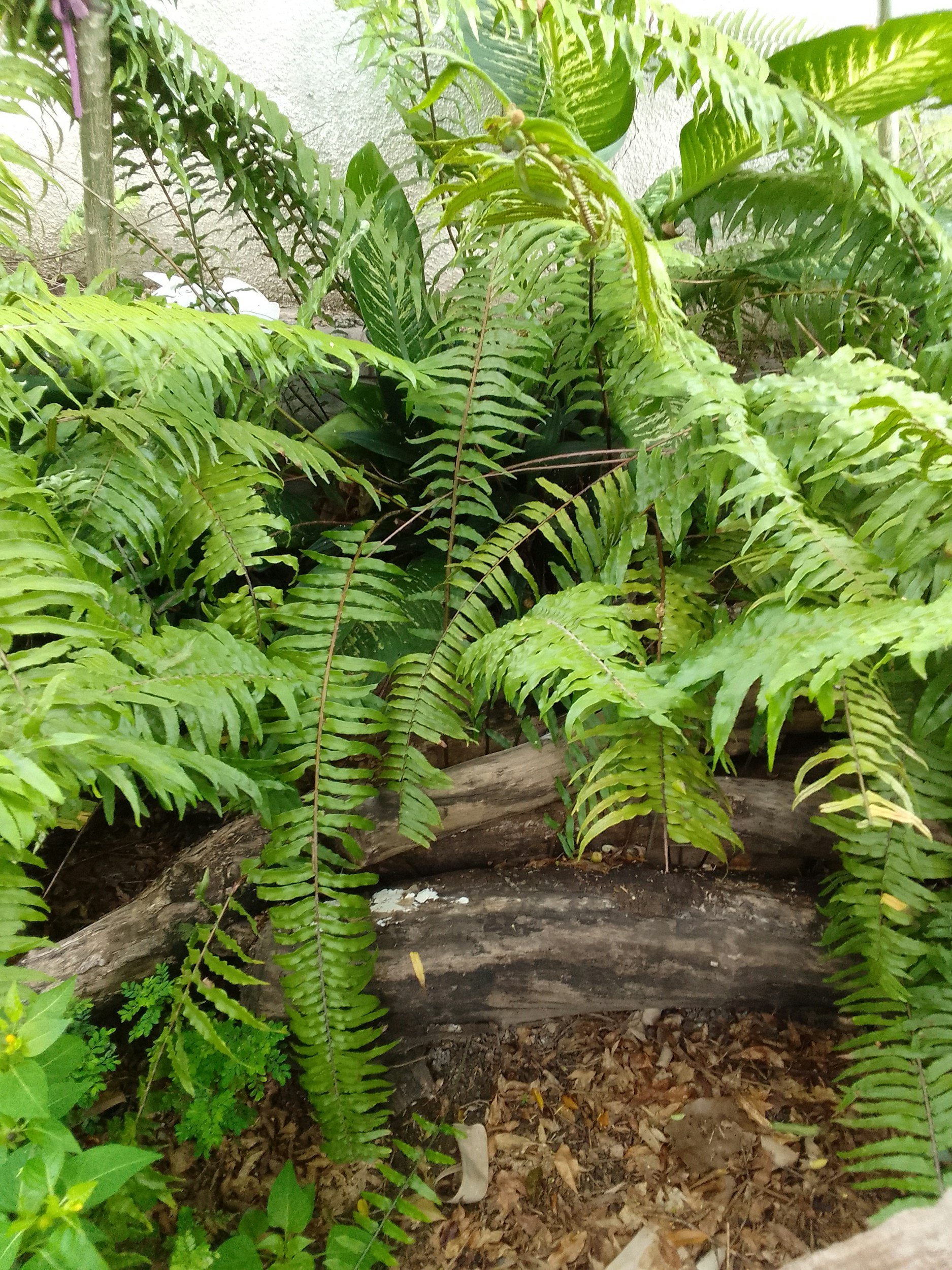What are the four Igbo Market Days & Their Elements?
Listen to this article 👆🏾
In Igbo cosmology, the traditional calendar is deeply intertwined with the spiritual and daily lives of our people. The four Igbo market days— Eke, Orie, Afor, and Nkwo are central to this calendar. These days are believed to be imbued with elemental energies and play a very important role in determining the rhythm of life, rituals, and economic activities of Igbo land. Each market day is associated with a specific element and different energies that influence the human condition, linking the celestial with the terrestrial in a unique way.
4 Igbo Market Days, Their Elements & Palm Connections
Eke (Fire or Cosmic Light)
Element: Fire
Palm Representation: Index Finger
Attributes: Eke is associated with the element of fire, symbolizing energy, passion, and transformation. The energy of the day represents creation, new beginnings, and the ability to set things in motion, among other things. It is associated with forces like Anyanwu, Ikenga, Nne Agwu, Agu-Nnem, Ngwu etc.
Significance: In certain communities, activities that require high spiritual energy, and significant rituals, are best undertaken on Eke day. However, it is also a day to rest from mundane things. Eke is a sacred day of abstinence in most Igbo communities, where certain worldly activities are abstained from.
Orie (Water)
Element: Water
Palm Representation: Middle Finger
Attributes: Orie corresponds to the element of water, representing fluidity, cleansing, and emotional depth. The energy of the day represents reflection, healing, and activities that involve nurturing and caring. It is associated with forces like Nne Mmiri, Oma (Onwa), Nne Iyi, Igbudu, Nneono, Idemmiri, Oshimmili etc.
Significance: Orie is ideal for spiritual cleansing, community gatherings, and personal introspection. It is a time to connect with one's inner self and others.
Afor (Earth)
Element: Earth
Palm Representation: Ring Finger
Attributes: Afor is linked to the earth element, symbolizing stability, growth, and material wealth or manifestation. It is a day for practical tasks, building, and consolidating resources, among other things. It is associated with forces like Ana/Ani/Ala, Nne-Atu, Uto-Ana, Ele, Akwali Omumu etc.
Significance: Activities related to agriculture, business transactions, and physical work are particularly favored on Afor day.
Nkwo (Air)
Element: Air
Palm Representation: Little Finger
Attributes: Nkwo is associated with air, representing communication, intellect, and movement. The energy of the day inspires intellectual pursuits, travel, and social interactions among other things. It is associated with forces like Igwe, Agwu, Oma-Aku, Ekwensu etc.
Significance: Nkwo is suitable for negotiations, educational activities, and journeys. It is a time to share ideas and foster connections.
The Connection to the Palm
Ancient Igbo ancestors had their own unique way of linking the energies of the market days to parts of the human hand through the art of Igu Aka (Akaraka), reflecting the belief that the universe is mirrored in the human body:
Eke (Index Finger): The index finger, usually used to point and direct, symbolizes the initiating energy of fire and cosmic light.
Orie (Middle Finger): The middle finger, the longest and central, represents the encompassing and nurturing qualities of water.
Afor (Ring Finger): The ring finger, associated with commitment and grounding, reflects the stabilizing energy of earth.
Nkwo (Little Finger): The little finger, usually used in intricate tasks, symbolizes the dexterous and communicative nature of air.
The Igbo Calendar and Market Days
In the Igbo calendar, a new market day begins at sundown, marking the start of the next day when darkness falls. This tradition aligns with the natural rhythm of the day and night cycle, emphasizing the importance of transition and renewal. The four market days rotate in a continuous cycle, each bringing its unique energy and influence, guiding the activities and spiritual practices of Igbo people.
The Cultural and Spiritual Significance
The four market days are deeply embedded in the cultural and spiritual fabric of Igbo society:
Rituals and Festivals: Many traditional rituals and festivals are aligned with specific market days to harness their elemental energies.
Economic Activities: Market days are crucial markers for trade and commerce in Igbo culture, with each day influencing the type of goods traded and the nature of transactions that occurs in each community.
Personal and Community Life: From naming ceremonies to weddings, the choice of market day can significantly impact the perceived auspiciousness of events.
Conclusion
The four Igbo market days—Eke, Orie, Afor, and Nkwo—are a reflection of the Igbo cosmological and spiritual worldview. Each day, associated with a specific element and energy, governs various aspects of life, from personal endeavors to community activities. Understanding these days and their significance provides deeper insight into the rich cultural heritage of Ndi Igbo and our harmonious relationship with the natural and spiritual worlds.
Leave us a comment and tell us what you know about the four Igbo market days. Udo!
Recommended Resources:
Iguafo Igbo: Igbo Calendar | Okwu ID
What Your Igbo Market Day Says About You | Udochi Okeke (Article)
The Magic of Eke, Orie, Afo, and Nkwo | Ugoebenaja (YouTube)
Mystery of the Four Market Days Explained - Why is The Sacred Igbo Calendar is More than a Calendar | Medicine Shell (YouTube)














